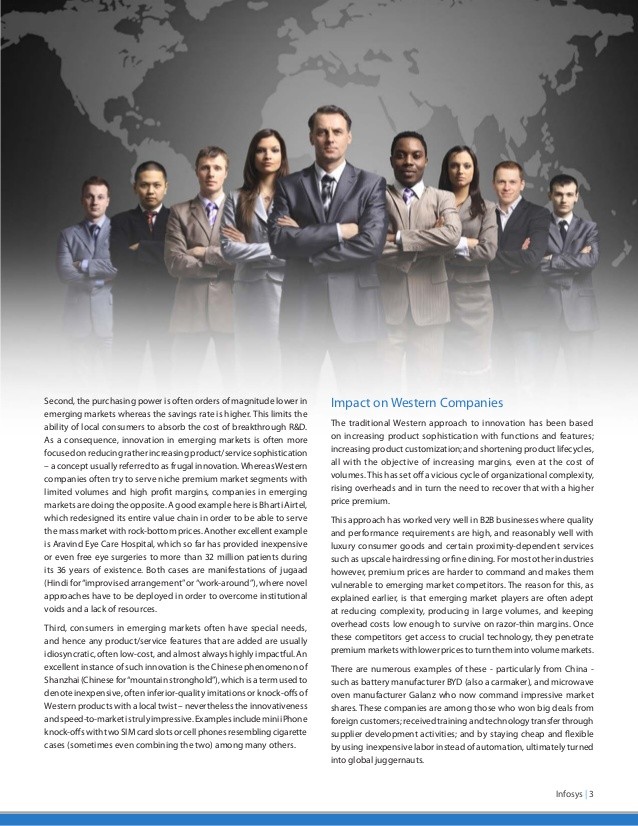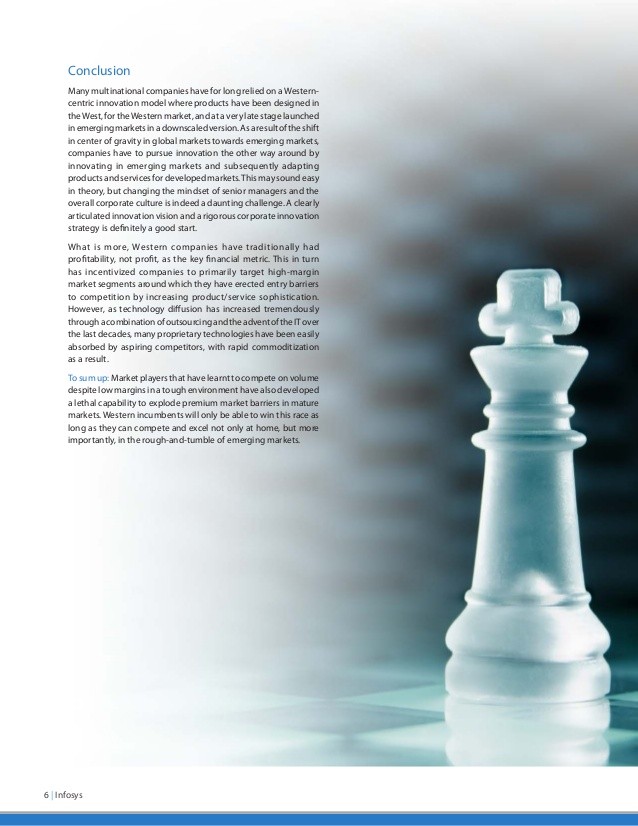The Case For Emerging Markets Tremendous Opportunities
Post on: 10 Апрель, 2015 No Comment

In the search for the ultimate investment portfolio, investors have a lot of tough questions to answer for themselves. Among these include the following:
- Should I hold emerging market equities and/or bonds?
- Should my stock holdings be made up of individual stocks or ETFs?
- How much of my portfolio should be dedicated to stocks and bonds?
I’ll attempt to answer those questions in this commentary by stating my case for having portfolio exposure in the emerging markets by answering these three questions.
In the history of the world, all developed countries have undergone a period of industrialization in different periods of time, therefore, every developed country at some point had to have been considered an emerging market by today’s standards. Investopedia.com defines an emerging market economy as a nation’s economy that is progressing toward becoming advanced, as shown by some liquidity in local debt and equity markets and the existence of some form of market exchange and regulatory body. Looking at the United States, inferentially, the industrial revolution is what ushered its status from an emerging market to a developed economy between 1760 and about 1820 to 1840. Another example would be the Meiji Restoration in Japan that brought in the Meiji period (1868 to 1912), which caused the emergence of Japan as a modern nation. Though the purpose of this commentary isn’t to give a history lecture, I wanted to point out a couple of examples of how at one point developed countries started out as emerging economies.
Fast forward to 2013 and much of the world is still filled with investing opportunities in current emerging markets. BRIC (Brazil, Russia, India, and China) countries, China, South Korea, Hong Kong, Malaysia, and even frontier markets such as South Africa all present unique development or at least opportunities for developments. These markets are at an advantage over the likes of the United States, Japan, and England because these developed countries have had to go through their own industrialization and modernization almost in a trial by error mode. The emerging economies have the opportunity to look at the developed economies as a model for what worked, what didn’t, and what can be done to improve on what worked to develop at a quicker rate and compete with the developed markets on a global level.
It is for this reason I believe that emerging markets will develop at a faster rate than almost all of the developed markets have developed. This, of course, does not factor in economies with internal political strife or those plagued by wars — in this case I’m speaking specifically of Iraq, Columbia, and South Africa. Some of these countries have already carved their niche in some of the major world industries. Therefore, I believe that in the next five to 10 years they will be at the tail end of their emerging market status, or they would have emerged.

Imagine any of the aforementioned countries having economic staying power similar to the United States. We would see more stocks offering stable dividends and/or capital appreciation. We would see emerging market bond funds not as prone to mood swings as they are now. And we would see currencies that also won’t have such mood swings. In short, the possibilities are endless. Although there is much that can be said in-depth to highlight the opportunities in emerging market exposure in bonds and currencies, I will continue to limit the discussion to equities.
How to Play Emerging Markets
A lot of Wall Street investment veterans who have been around prior to the introduction of ETFs — specifically, Jim Cramer — advocate investing in individual stocks vs. ETFs. However, given the potentially unusual economic and political conditions in other countries that one may never know 100% completely firsthand, I believe that ETFs are the better way to go when investing in emerging markets. One, ETFs offer a basket approach in sector weighting, which I believe should be looked at as a defensive play in case one industry in the market has problems. Two, because no one who lives in the United States and has never ventured outside the country really truly knows another country firsthand, it’s a lot harder to find a diamond stock in a rough of an economy. Fundamental or technical research on a company in another jurisdiction can only go so far but without knowing the macroeconomic and geopolitical nuances, it’s still a fairly uncertain proposition.
U.S. News & World Report’s Money Investing online compiled a list of what they call Best Fit Emerging Markets Funds, which they believe are the best funds at this time. There they have a lengthy list of the top emerging market funds. Here, I will only list the top 20. The funds they have identified are as follows:
- Schwab Emerging Markets Equity ETF (NYSEARCA:SCHE )
- BLDRS Emerging Markets 50 ADR Index Fund (NASDAQ:ADRE )
- iShares Core MSCI Emerging Markets ETF (NYSEARCA:IEMG )
- iShares Emerging Markets High Yield Bond Fund (BATS:EMHY )
- FlexShares Morningstar Emerging Markets Factor Tilt Index Fund (NYSEARCA:TLTE )
- SPDR S&P Emerging Markets ETF (NYSEARCA:GMM )
- iShares MSCI Frontier 100 Fund (NYSEARCA:FM )
- SPDR S&P Emerging Markets Small Cap ETF (NYSEARCA:EWX )
- Vanguard FTSE Emerging Markets ETF (NYSEARCA:VWO )
- SPDR S&P Emerging Asia Pacific ETF (NYSEARCA:GMF )
- iShares MSCI Emerging Markets Eastern Europe ETF (NYSEARCA:ESR )
- SPDR S&P BRIC 40 ETF (NYSEARCA:BIK )
- PowerShares FTSE RAFI Emerging Markets Portfolio (NYSEARCA:PXH )
- iShares MSCI Emerging Markets Minimum Volatility ETF (NYSEARCA:EEMV )
- iShares MSCI India Index Fund (BATS:INDA )
- Wisdom Tree Emerging Markets SmallCap Dividend Fund (NYSEARCA:DGS )
- iShares MSCI Indonesia ETF (NYSEARCA:EIDO )
- iShares MSCI Emerging Markets ETF (NYSEARCA:EEM )
- iShares MSCI South Africa ETF (NYSEARCA:EZA )
- SPDR S&P China ETF (NYSEARCA:GXC )
How Much Should I Hold?
One of the answers people always hate to hear in life, and more so in the investing world, is: It depends. Financial advisors and portfolio managers profess various percentages and ratios that factor in age, investing goals, etc. Here are some examples:
The American Association of Individual Investors (AAII)
Aggressive Investor
(30 Years+ Investment Horizon)














